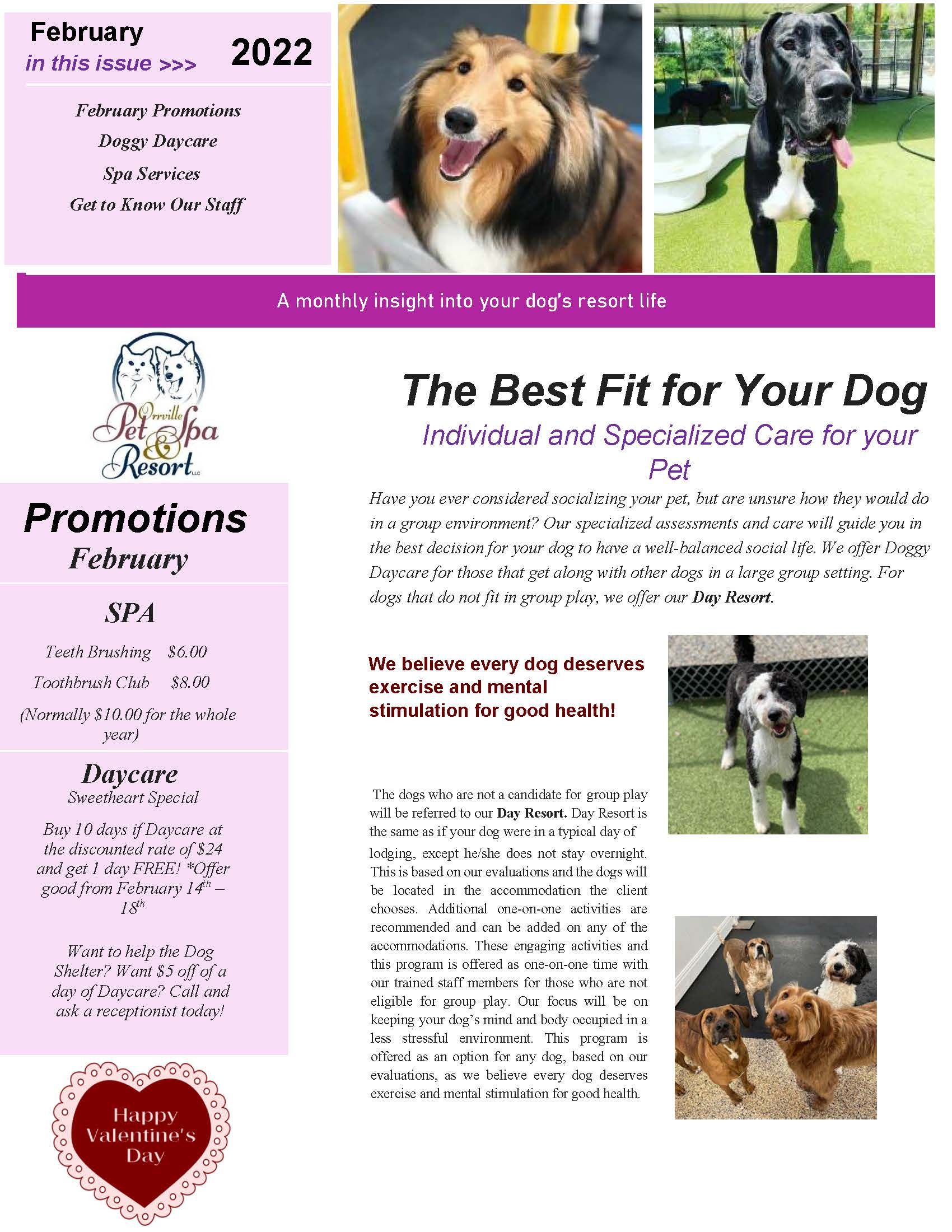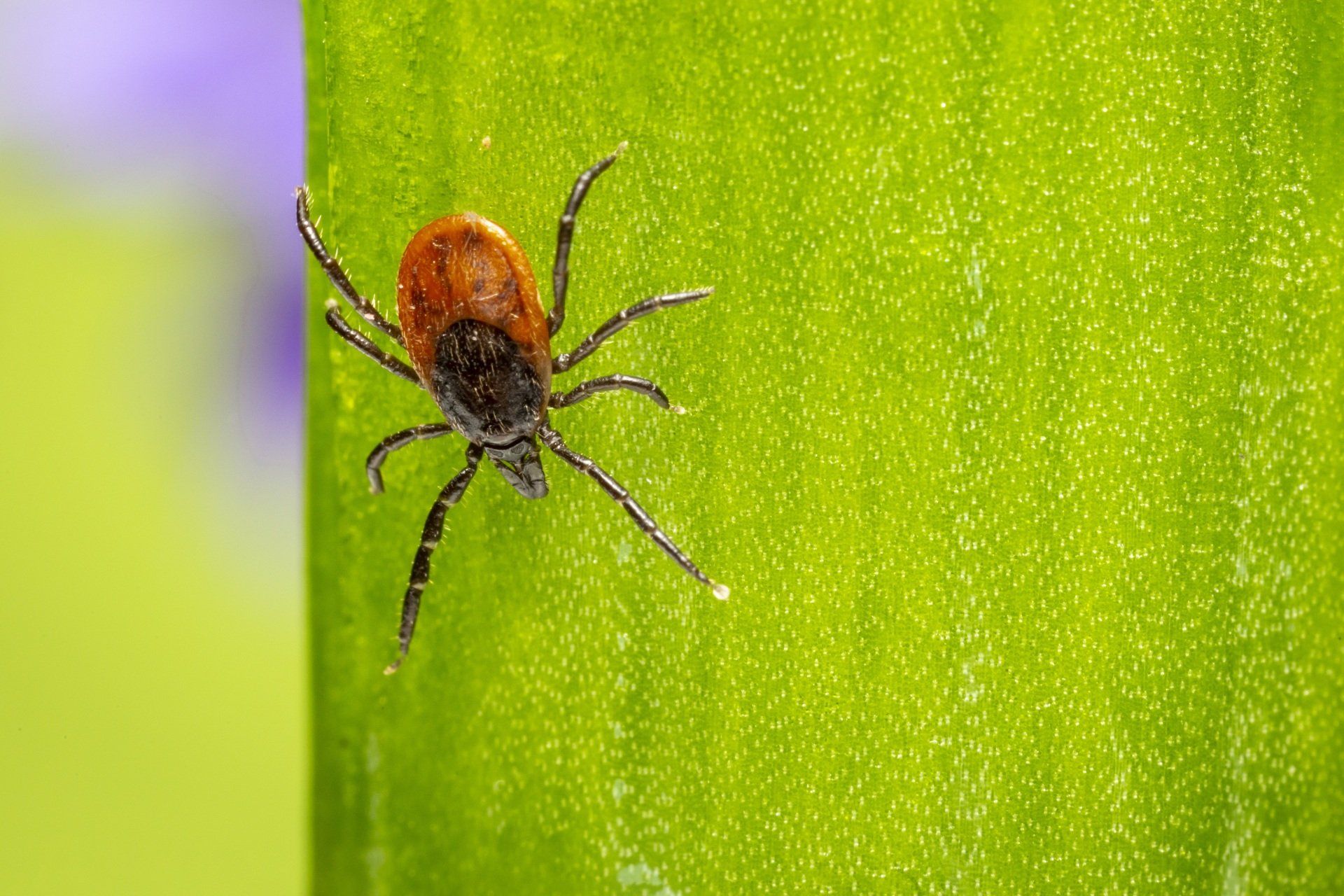Farm Animal Coronaviruses
Species-specific coronaviruses and the diseases they cause
Many pet and farm animals have their own version of coronavirus by which they can be infected. They usually cause mild gastrointestinal illness, but some can cause respiratory disease.
Cattle
Bovine coronaviruses (BCoV) have been associated with calf diarrhea, winter dysentery in adult cattle, and the bovine respiratory disease complex. None of these diseases can be transmitted to humans.
Winter dysentery is characterized by the presence of acute watery diarrhea and decreases in milk production in adult cows. Cows may also exhibit mild respiratory signs such as nasal and eye discharge or a cough.
Diarrhea caused by bovine coronavirus is usually self-limiting and lasts a few days to a week; however, milk production may take weeks to months to return to normal. Often, treatment is not necessary as long as cows continue to have access to fresh water, feed, and mineral. Some cattle affected by more severe dehydration may require additional intravenous fluid support.
Neonatal calf diarrhea caused by bovine coronavirus is most often present in calves 5-15 days old, but can also affect older calves. Infected calves will have soft to liquid manure with mucus, sometimes only lasting a few days. These calves will usually still drink milk but may be moderately depressed.
Treatment is supportive care; calves will likely be dehydrated and require fluid therapy. This may mean oral electrolyte solutions with or without additional IV support. It is important that calves still receive nutritional support, and milk should not be withheld for more than 24hrs.
A vaccine for pregnant cows against coronavirus is available, but has yielded variable results.
Swine
There are several coronaviruses that cause disease in swine. These include porcine epidemic diarrhea virus (PEDV), transmissible gastroenteritis virus (TGEV), porcine respiratory coronavirus (PRCoV), porcine hemagglutinating encephalomyelitis virus (PHEV), and porcine coronavirus (PorCoV). All of these, with the exception of porcine respiratory coronavirus cause gastrointestinal disease in pigs and will show signs of diarrhea, vomiting, and sometimes sudden death, especially in younger pigs.
Horses
Equine coronavirus causes fever, decreased appetite, colic signs, and sometimes diarrhea and is most commonly diagnosed in the winter. Disease is usually mild, and supportive care is treatment of choice. Sometimes dehydrated horses will need IV fluid therapy. Maintaining excellent hygiene is the best method of prevention and transmission.
Poultry
Chickens can be infected with a coronavirus that causes infectious bronchitis (IBV) in poultry. This is a rapidly acting and highly contagious disease affecting the upper respiratory tract in chickens. Clinical signs include respiratory problems and a decrease in production for 10-14 days. This virus only causes disease in chickens.
Chickens with infectious bronchitis will have mucus and foamy liquid in the trachea, sinuses, and nasal passages. They will often experience secondary bacterial infection. Viral infection can also affect chickens' reproductive system and kidneys.
Bluecomb, or transmissible enteritis is a disease affecting turkeys that is caused by a coronavirus. The virus causes a decreased appetite and lethargy, plus diarrhea, weight loss, and a darkening of the head or comb. Treatment for this disease is largely supportive care, and strict hygiene, biosecurity, and good management are the most important factors for prevention.
Vaccinations
While there are vaccines for some animal coronavirus, they are NOT licensed for protection against respiratory infections or COVID-19, and there is no evidence that they can provide any cross-protection.








